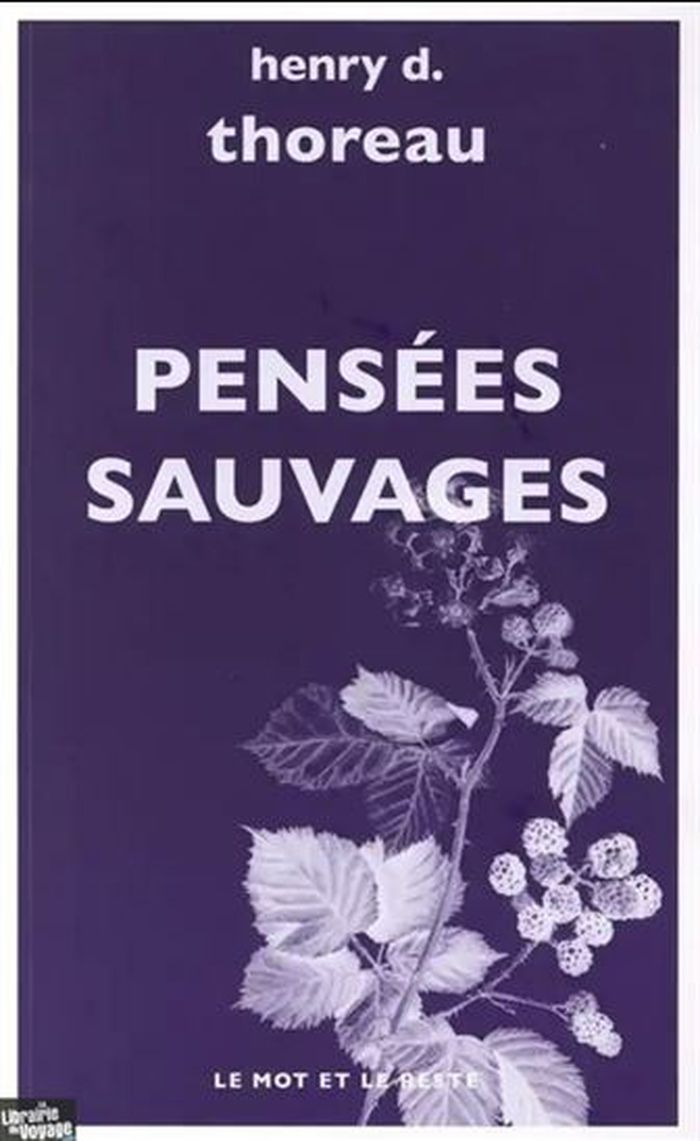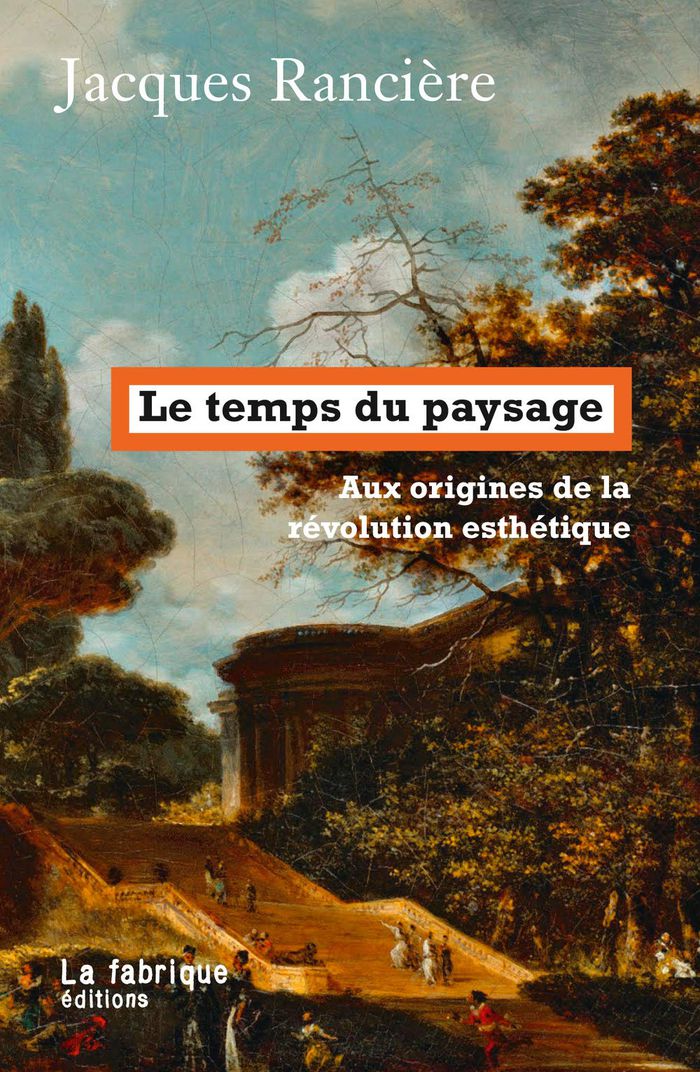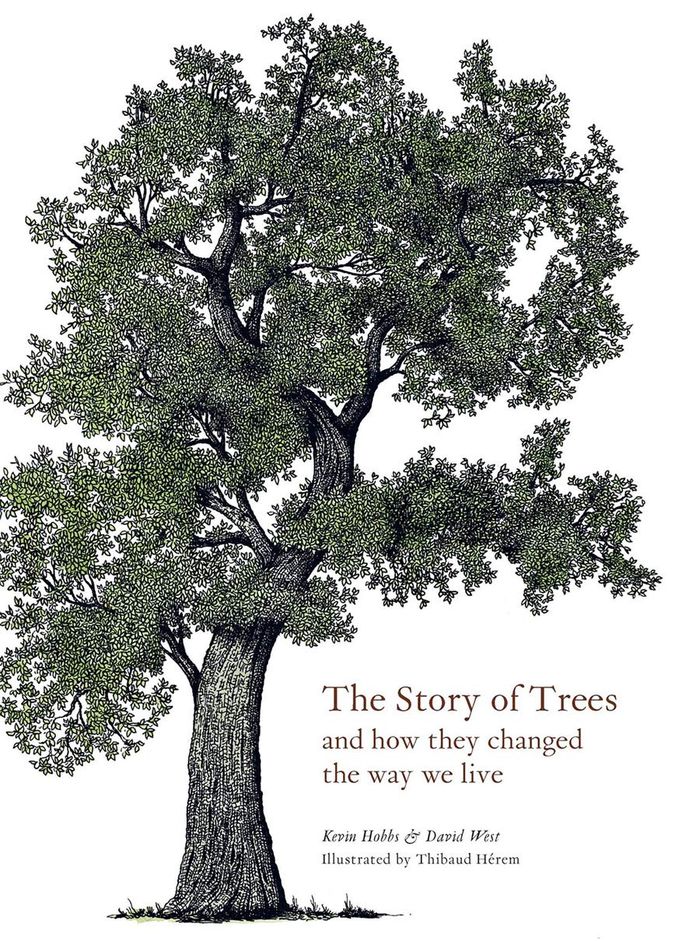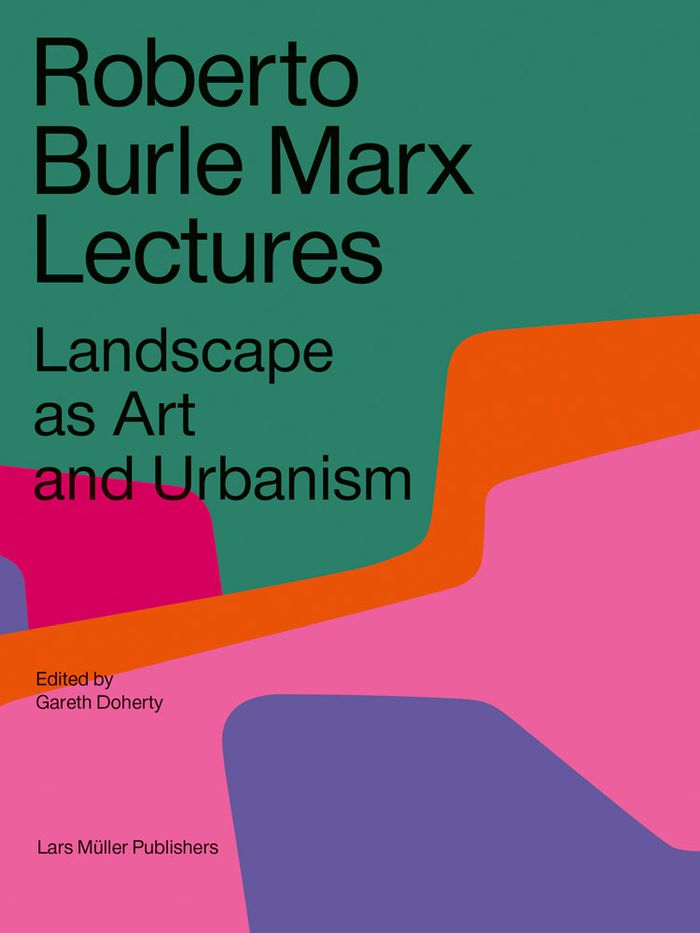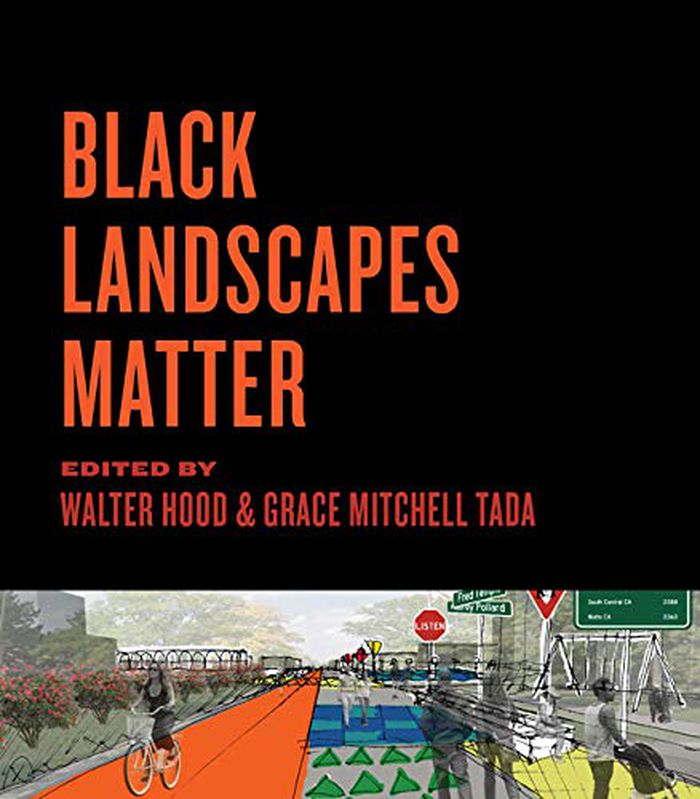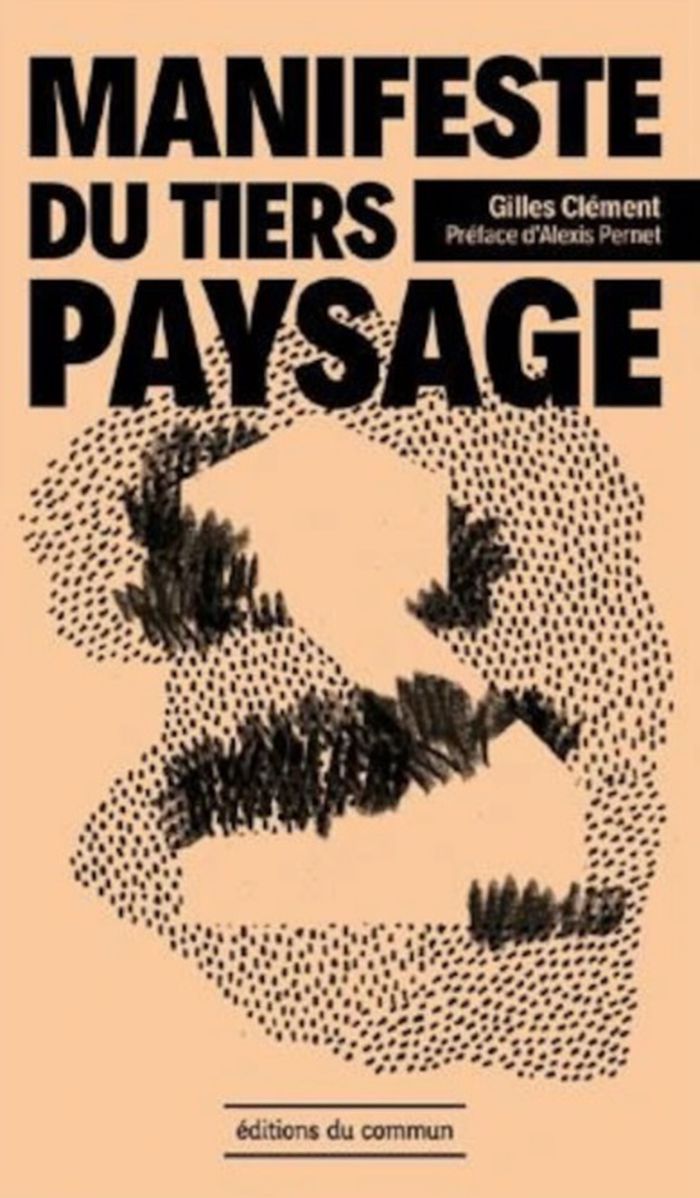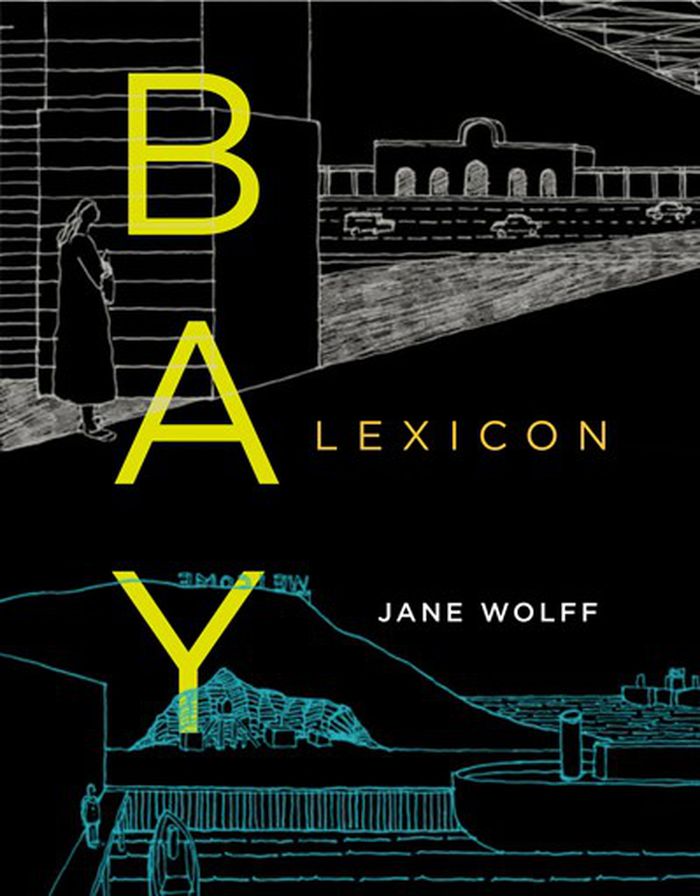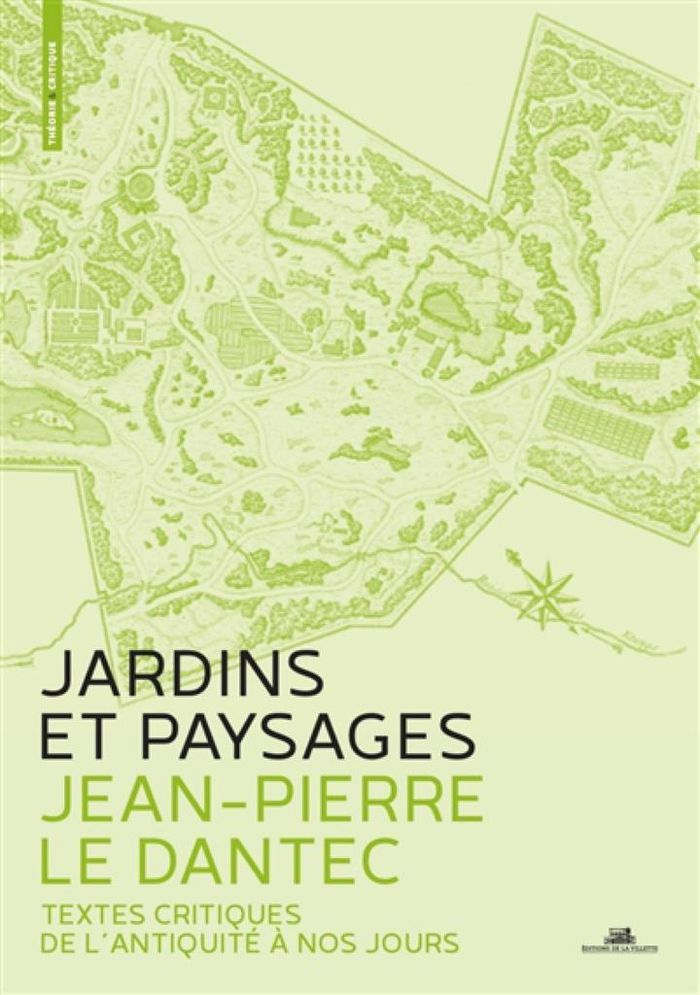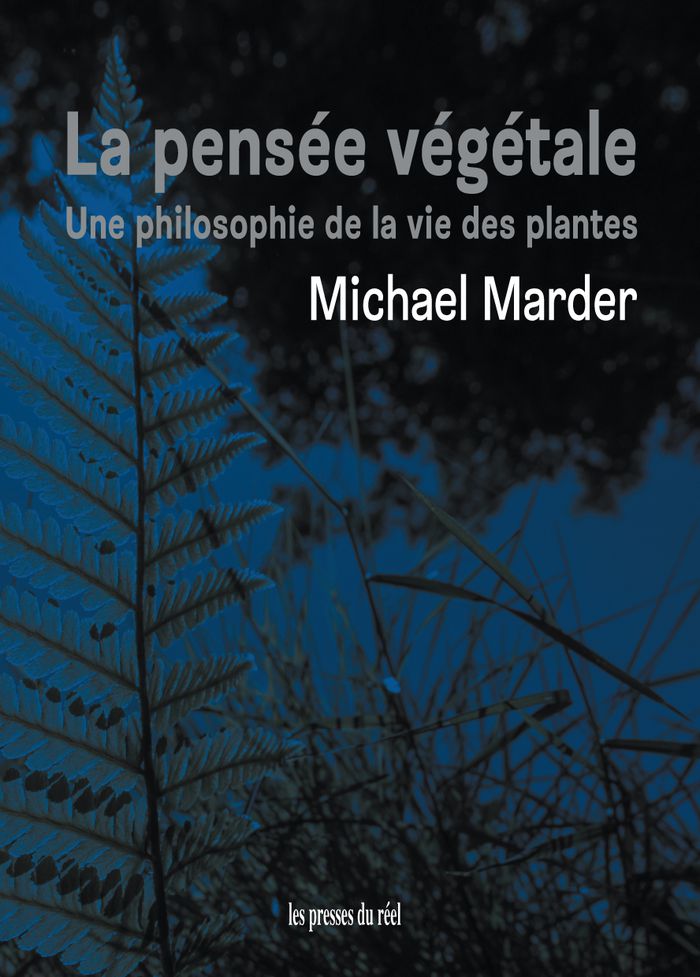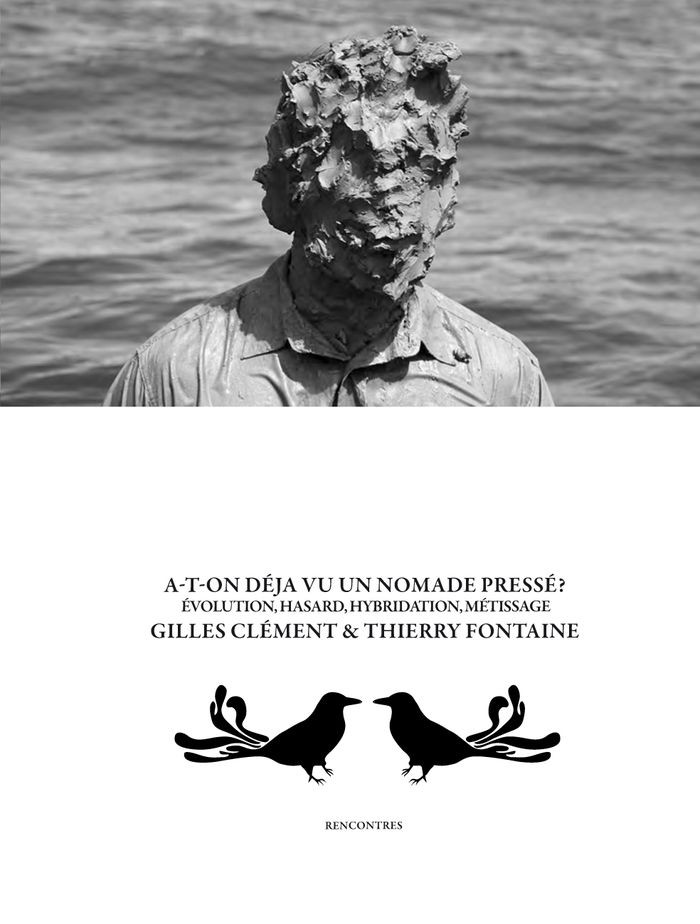Pensées sauvages
$17.95
(disponible sur commande)
Résumé:
Michel Granger a fait le choix de ne pas s’intéresser aux aphorismes pris hors contexte, aux formules brillantes que l’on répète à l’envi pour illustrer les calendriers de Nouvelle-Angleterre, mais aux remarques plus développées dont seule l’ampleur permet d’exprimer la complexité d’un esprit innovant. Le parti pris de cette sélection établie par Michel Granger a été(...)
Pensées sauvages
Actions:
Prix:
$17.95
(disponible sur commande)
Résumé:
Michel Granger a fait le choix de ne pas s’intéresser aux aphorismes pris hors contexte, aux formules brillantes que l’on répète à l’envi pour illustrer les calendriers de Nouvelle-Angleterre, mais aux remarques plus développées dont seule l’ampleur permet d’exprimer la complexité d’un esprit innovant. Le parti pris de cette sélection établie par Michel Granger a été de privilégier l’originalité et la radicalité du philosophe transcendantaliste : une critique impitoyable de la société américaine du milieu du XIXe siècle, alliée à des propositions pour un mode de vie plus respectueux de la nature et de la vie de l’esprit. Henry D. Thoreau n’est pas un penseur tiède, il s’efforce de provoquer la réflexion et d’ébranler les certitudes. Des pages choisies pour comprendre la pensée forte de Thoreau.
Théorie du paysage
$26.95
(disponible sur commande)
Résumé:
Sans doute faut-il préciser l’objet qui donne son titre à ce livre. Le temps du paysage ici considéré n’est pas celui où l’on a commencé à décrire dans des poèmes ou à représenter sur des murs des jardins fleuris. Il est celui où le paysage s’est imposé comme un objet de pensée spécifique. Cet objet de pensée s’est constitué à travers des querelles concrètes sur(...)
Le temps du paysage : aux origines de la révolution esthétique
Actions:
Prix:
$26.95
(disponible sur commande)
Résumé:
Sans doute faut-il préciser l’objet qui donne son titre à ce livre. Le temps du paysage ici considéré n’est pas celui où l’on a commencé à décrire dans des poèmes ou à représenter sur des murs des jardins fleuris. Il est celui où le paysage s’est imposé comme un objet de pensée spécifique. Cet objet de pensée s’est constitué à travers des querelles concrètes sur l’aménagement des jardins, des descriptions minutieuses de parcs ornés de temples à l’antique ou d’humbles sentiers forestiers, des récits de voyages à travers lacs et montagnes solitaires ou des évocations de peintures mythologiques ou rustiques. Et ce livre en suivra les détours. Mais ce qui se forme à travers ces récits et ces querelles, ce n’est pas simplement le goût pour un spectacle qui charme les yeux ou élève l’âme. C’est l’expérience d’une forme d’unité de la diversité sensible propre à modifier la configuration existante des objets de pensée et des notions propres à les penser. Le temps du paysage est celui où l’harmonie ou la dysharmonie présentée par les jardins aménagés ou par la nature sauvage contribue à bouleverser les critères du beau et le sens même du mot art. Ce bouleversement en implique un autre qui affecte le sens d’une notion fondamentale, dans l’usage commun comme dans la réflexion philosophique, celle de nature. Or on ne touche pas à la nature sans toucher à la société qui est censée obéir à ses lois. Et le temps du paysage est aussi celui où une certaine harmonie du spectacle des champs, des forêts ou des cours d’eau s’avère propre à métaphoriser l’ordre qui convient aux sociétés humaines.
Théorie du paysage
$42.99
(disponible sur commande)
Résumé:
This publication takes the reader on a visual journey from some of the earliest known tree species on our planet to the latest fruit cultivars. The chosen trees have all had a profound effect on the planet and humankind. Starting with the Ginkgo Biloba, fossils of which date back 270 million years, we learn about how trees came to be integral to the development of our(...)
The story of trees, and how they changed the way we live
Actions:
Prix:
$42.99
(disponible sur commande)
Résumé:
This publication takes the reader on a visual journey from some of the earliest known tree species on our planet to the latest fruit cultivars. The chosen trees have all had a profound effect on the planet and humankind. Starting with the Ginkgo Biloba, fossils of which date back 270 million years, we learn about how trees came to be integral to the development of our species, and how specific trees have become important religious, political, and cultural symbols. With beautiful illustrations by Thibaud Herem and fascinating botanical facts and figures, this book will appeal to tree lovers from all over the world.
Théorie du paysage
$42.00
(disponible en magasin)
Résumé:
Roberto Burle Marx (1909-1994) remains one of the most important landscape architects in the history of the field. His distinctive and widely acclaimed work has been featured and referenced in numerous sources, yet few of Burle Marx's own words have been published. This collection of a dozen of Burle Marx's lectures, most of which have never before been available in(...)
Roberto Burle Marx lectures: Landscape as art and urbanism, revised
Actions:
Prix:
$42.00
(disponible en magasin)
Résumé:
Roberto Burle Marx (1909-1994) remains one of the most important landscape architects in the history of the field. His distinctive and widely acclaimed work has been featured and referenced in numerous sources, yet few of Burle Marx's own words have been published. This collection of a dozen of Burle Marx's lectures, most of which have never before been available in English, fills that void. Delivered on international speaking tours, they address topics such as Concepts in Landscape Composition, Gardens and Ecology, and The Problem of Garden Lighting. Their publi- cation sheds light on Burle Marx's distinctive ethic and aesthetic of landscape, as "the real art of living." The lectures paint a picture of Burle Marx not just as a gardener, artist, and botanist, but as a land- scape architect whose ambition was to bring radical change to cities and society. The lectures are framed by photographs, by Leonardo Finotti, of a selection of Burle Marx's realized projects.
Théorie du paysage
Black landscapes matter
$47.95
(disponible sur commande)
Résumé:
The question "Do black landscapes matter?" cuts deep to the core of American history. From the plantations of slavery to contemporary segregated cities, from freedman villages to northern migrations for freedom, the nation’s landscape bears the detritus of diverse origins. Black landscapes matter because they tell the truth. In this vital new collection, acclaimed(...)
Black landscapes matter
Actions:
Prix:
$47.95
(disponible sur commande)
Résumé:
The question "Do black landscapes matter?" cuts deep to the core of American history. From the plantations of slavery to contemporary segregated cities, from freedman villages to northern migrations for freedom, the nation’s landscape bears the detritus of diverse origins. Black landscapes matter because they tell the truth. In this vital new collection, acclaimed landscape designer and public artist Walter Hood assembles a group of notable landscape architecture and planning professionals and scholars to probe how race, memory, and meaning intersect in the American landscape. Essayists examine a variety of U.S. places— ranging from New Orleans and Charlotte to Milwaukee and Detroit— exposing racism endemic in the built environment and acknowledging the widespread erasure of black geographies and cultural landscapes. Through a combination of case studies, critiques, and calls to action, contributors reveal the deficient, normative portrayals of landscape that affect communities of color and question how public design and preservation efforts can support people in these places. In a culture in which historical omissions and specious narratives routinely provoke disinvestment in minority communities, creative solutions by designers, planners, artists, and residents are necessary to activate them in novel ways. Black people have built and shaped the American landscape in ways that can never be fully known. ''Black landscapes matter'' is a timely and necessary reminder that without recognizing and reconciling these histories and spaces, America’s past and future cannot be understood.
Théorie du paysage
$15.95
(disponible sur commande)
Résumé:
Paru il y a près de 20 ans, ce manifeste n'a pas pris une ride, tout comme la pertinence de son propos. Il est complété d'un texte plus récent de l'auteur qui revient 10 ans après sur le chemin parcouru. Il est préfacé par Alexis Pernet, paysagiste et maître de conférences à L'École nationale supérieure de paysage de Versailles. Si l'on cesse de regarder le paysage comme(...)
Manifeste du tiers paysage, n.é.
Actions:
Prix:
$15.95
(disponible sur commande)
Résumé:
Paru il y a près de 20 ans, ce manifeste n'a pas pris une ride, tout comme la pertinence de son propos. Il est complété d'un texte plus récent de l'auteur qui revient 10 ans après sur le chemin parcouru. Il est préfacé par Alexis Pernet, paysagiste et maître de conférences à L'École nationale supérieure de paysage de Versailles. Si l'on cesse de regarder le paysage comme l'objet d'une industrie on découvre subitement - est-ce un oubli du cartographe, une négligence du politique? - une quantité d'espaces indécis, dépourvus de fonction sur lesquels il est difficile de porter un nom. Cet ensemble n'appartient ni au territoire de l'ombre ni à celui de la lumière. Il se situe aux marges.
Théorie du paysage
Bay lexicon
$32.95
(disponible sur commande)
Résumé:
'Bay Lexicon', a field guide to San Francisco's shoreline, is a case study in establishing a working language for hybrid landscapes. Centred on a walk along the edge of the iconic San Francisco Bay, it documents, deciphers, and classifies the places and phenomena a person encounters - and the forces, histories, and interactions that underlie what is visible. In a unique(...)
Bay lexicon
Actions:
Prix:
$32.95
(disponible sur commande)
Résumé:
'Bay Lexicon', a field guide to San Francisco's shoreline, is a case study in establishing a working language for hybrid landscapes. Centred on a walk along the edge of the iconic San Francisco Bay, it documents, deciphers, and classifies the places and phenomena a person encounters - and the forces, histories, and interactions that underlie what is visible. In a unique synthesis of text and drawing, Jane Wolff applies analytical and representational tools based in design and documentary work to findings from the fields of geography, environmental and cultural history, public policy, urban ecology, and landscape studies. As our cities face increasing pressure caused by climate change, we will need to reimagine them in terms that do justice to their complexity. This publications's methods for building landscape literacy are meant for translation, adaptation, and use far beyond San Francisco Bay. Through activist scholarship that cuts across disciplinary boundaries and levels of expertise, this book examines how the landscape at the water's edge works, documents its historical evolution, brings its citizens' values to light, and frames conversations about how and why it might change.
Théorie du paysage
$64.95
(disponible sur commande)
Résumé:
Alors que le besoin de nature dans un monde de plus en plus urbanisé se double d'une prise de conscience des menaces qui pèsent aujourd'hui sur les écosystèmes, l'auteur réunit ici une centaine de textes permettant de porter un regard renouvelé sur le paysage et l'art des jardins. Une telle anthologie interroge un art qui s'estime universel. De l'idée de paradis aux(...)
Jardins et paysages, une anthologie : textes critiques de l'antiquité à nos jours
Actions:
Prix:
$64.95
(disponible sur commande)
Résumé:
Alors que le besoin de nature dans un monde de plus en plus urbanisé se double d'une prise de conscience des menaces qui pèsent aujourd'hui sur les écosystèmes, l'auteur réunit ici une centaine de textes permettant de porter un regard renouvelé sur le paysage et l'art des jardins. Une telle anthologie interroge un art qui s'estime universel. De l'idée de paradis aux théories modernes du paysage, nombreux sont ceux qui ont tenté de décrire ou de définir la nature et le jardin idéal, en soulevant quantité de questions essentielles : celle de la nature primitive ou artificielle, de son rapport à la culture et au politique, de la création du Beau et du statut qui lui est accordé.
Théorie du paysage
$49.95
(disponible sur commande)
Résumé:
Là où les philosophes contemporains s'abstiennent d'aborder la vie végétale sous l'angle ontologique et éthique, Michael Marder place les plantes au premier plan de l'actuelle déconstruction de la métaphysique. Il identifie les caractéristiques existentielles du comportement des plantes et l'héritage végétal de la pensée humaine afin de confirmer la capacité qu'ont les(...)
La pensée végétale: une philosophie de la vie des plantes
Actions:
Prix:
$49.95
(disponible sur commande)
Résumé:
Là où les philosophes contemporains s'abstiennent d'aborder la vie végétale sous l'angle ontologique et éthique, Michael Marder place les plantes au premier plan de l'actuelle déconstruction de la métaphysique. Il identifie les caractéristiques existentielles du comportement des plantes et l'héritage végétal de la pensée humaine afin de confirmer la capacité qu'ont les végétaux à renverser le double joug de la totalisation et de l'instrumentalisation. Au fil de son écriture, Marder se penche sur les plantes du point de vue de leur temporalité, de leur liberté et de leur sagesse.
Théorie du paysage
$55.00
(disponible en magasin)
Résumé:
Une rencontre entre Gilles Clément, botaniste, paysagiste et écrivain et Thierry Fontaine, photographe, tous deux globe-trotters et fascinés par l'évolution du vivant et les paysages mutants. « L'évolution de l'espèce humaine s'opère au sein d'une mécanique incontournable : le brassage planétaire. Cela concerne l'ensemble des êtres vivants. Les plantes et les animaux(...)
A-t-on déjà vu un nomade pressé ? : évolution, hasard, hybridation, métissage
Actions:
Prix:
$55.00
(disponible en magasin)
Résumé:
Une rencontre entre Gilles Clément, botaniste, paysagiste et écrivain et Thierry Fontaine, photographe, tous deux globe-trotters et fascinés par l'évolution du vivant et les paysages mutants. « L'évolution de l'espèce humaine s'opère au sein d'une mécanique incontournable : le brassage planétaire. Cela concerne l'ensemble des êtres vivants. Les plantes et les animaux connaissent cette aventure. Les jardins d'aujourd'hui reflètent cette dynamique. S'ils s'y opposent ils meurent ou se figent dans une figure de musée. C'est sur ce terrain que le jardinier comme le photographe peuvent le constater chaque jour en observant la nature : une nouvelle scénographie, l'apparition d'une plante inconnue, l'ouvrage d'une araignée ou la trace d'une fouine, le paysage a changé : toujours la vie invente. Et cette invention se fait le plus souvent par le miracle de la rencontre. » - Gilles Clément.
Théorie du paysage
